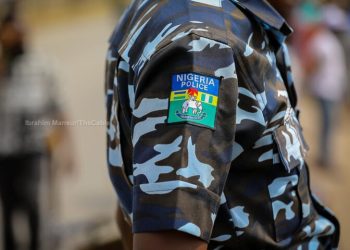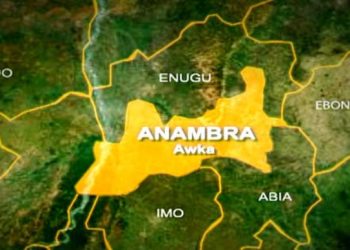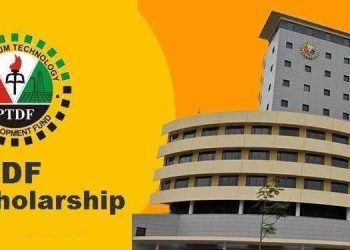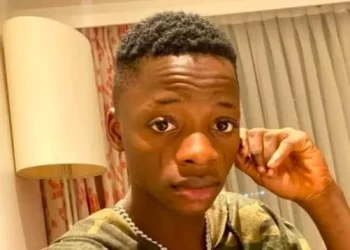The Nigerian Maritime Administration and Safety Agency (NIMASA) has said the deal between the agency and the Global West Vessels Specialists Limited, allegedly belonging to former Niger-Delta militant, Tompolo, has done well in checking pirates and did not in any way encroach on the constitutional duties of the Nigerian Navy to protect the nation’s maritime coast.
The Director-General of NIMASA, Mr. Haruna Jauro, stated this on Tuesday during a courtesy visit to the Chief of Naval Staff (CNS), Vice Admiral Ibok-Ete Ibas, at Naval Headquarters in Abuja.
Jauro while fielding questions from journalists, debunked claims that the agreement between the NIMASA and Global West was an attempt by the agency to hijack the functions of the Navy.
“It does not. Yes, it does not because the Navy is one of its kind and no one is willing to go there and take anything from them.
“What Global West is doing is just to help NIMASA to look at the issue that takes place in the waters, to push them back and I think we have done our best with them. So far, the level of piracy has reduced in the Lagos area.
“We don’t have much reports of them again and they have been pushed towards the Delta area and we have been following them. And I think Global West has been instrumental to that so far. It (the contract) is supposed to be for ten years. It has run for three years,” he stated.
Speaking further, the NIMASA DG also debunked the rumour and reports that the federal government had terminated the contract with Tompolo’s firm, saying the contract was designed for a 10-year period.
He disclosed that the maritime agency’s deal with Global West had been running for three years now out of the 10-year period covered by the contractual agreement.
According to Jauro, the firm which was mandated to provide platform for NIMASA to fight the scourge of piracy in the nation’s territorial waters, “have been able to reduce drastically, the scourge of piracy in the Lagos area.”
Explaining the contract arrangement, he further disclosed that Global West was given the nod to acquire new vessels and maintain them for 10 years after which ownership of the vessels would revert to NIMASA, the alliance, which he claimed was able to pursue the pirates from the Lagos maritime area to the Delta section.
“We have a private partnership arrangement with the Global West Vessels Specialists Limited. Part of the arrangement in the agreement is that they are going to buy the platforms; they are going to maintain them, manage them and run them.
“At the end of the contract, they would revert to NIMASA. But So far, as far as the arrangement is going on, it is Global West who is buying the ships, not NIMASA. So the ships are presently under the control of Global West and not NIMASA,” he said.
Jauro disclosed that his agency had acquired satellite surveillance system that would aid in real-time monitoring activities on Nigerian waterways and even the Gulf of Guinea.
He said the achievements of NIMASA in the area of reducing maritime crimes would not have been possible without the efforts of the Navy.
Earlier in his response, Ibas said the Navy had provided its officers and ratings to man vessels used for the NIMASA’s operations in line with a subsisting Memorandum of Understanding (MoU) between the agency and the navy.
He also indicated interest in the navy keying into the surveillance system recently acquired by NIMASA which could help in the identification of ships that flout the International Ships and Ports facility Security (ISPS) Code and detection of ships that switch off their Automatic Identification System (AIS).
“There is an MoU between the Nigerian Navy and NIMASA and that MoU is still subsisting. For every vessel that NIMASA procures, or engages, you have it manned by the Nigerian Navy; you have our officers and men manning those ships.
“We provide the necessary security; we arm those ships, so that is the arrangement stands. So by whatever means that the boats are acquired, the Nigerian Navy is fully manning those boats and we still do,” he added.
The CNS appreciated the efforts of NIMASA in the past eight years since the first MoU was signed between the two parties, most especially in areas of capacity building in training of officers and the agency’s contributions to the aviation arm of the navy with the Augusta 139 aircraft used in surveillance.
While reiterating the need to review the MoU in light of events that have unfolded in recent years, Ibak emphasised the need to have ship wrecks cleared from the waterways in order to reduce navigational hazards and also free berthing spaces













































